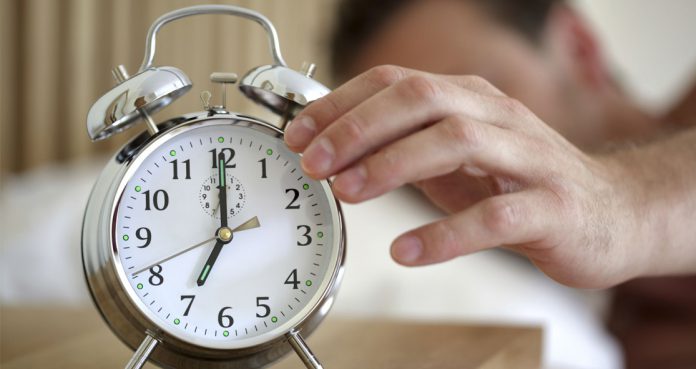Also called “daylight time” in the United States and “summer time” in the United Kingdom and European Union, Daylight Saving Time (DST) is the “practice of advancing clocks during summer months so that darkness falls later each day according to the clock.”
The annual transition from and to DST can have health implications, which may last longer than the days when clocks fall back.
DST 2019 in California began at 2:00 am on March 10 and ended at 2:00 am on November 3.
It eradicates bright morning light that contemporizes biologic clocks and this could increase the risk of heart attack and stroke.
DST may also have other negative impacts on health due to partial sleep deprivation. During the annual DST transitions, average sleep duration reduces by approximately 20 minutes, increasing the risk of accidents and other health issues.
Dr. Beth Ann Malow from Vanderbilt University Medical Center said, “People think the one-hour transition is no big deal, that they can get over this in a day, but what they don’t realize is their biological clock is out of sync.”
“It’s not one hour twice a year. It’s a misalignment of our biologic clocks for eight months of the year,” she added. “When we talk about DST and the relationship to light, we are talking about profound impacts on the biological clock, which is a structure rooted in the brain. It impacts brain functions such as energy levels and alertness.”
Dr. Malow and her team published a commentary in JAMA Neurology, summarizing the findings of large epidemiological studies that recommend stopping the practice of “setting clocks back or forward.”
DST can affect circadian rhythms in some people, especially those who are more sensitive. Dr. Malow, who is an autism and sleep expert, explained that the DST transition affects some kids with autism for days, weeks or even months. Some sleep and circadian communities think that returning to standard time could be biologically or physiologically appropriate; however, it remains a challenge politically. Some states have been considering a return to standard time, while others are favoring permanent DST.






















